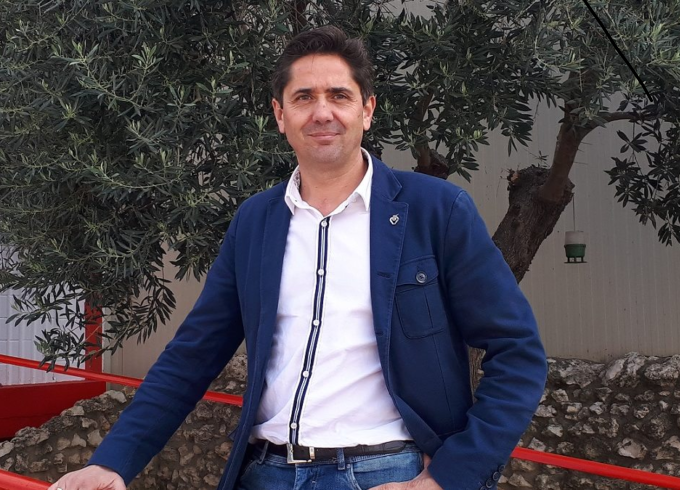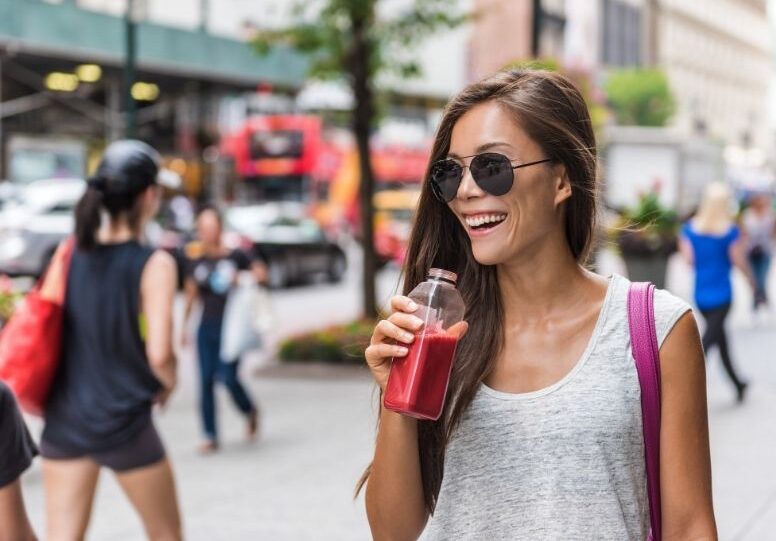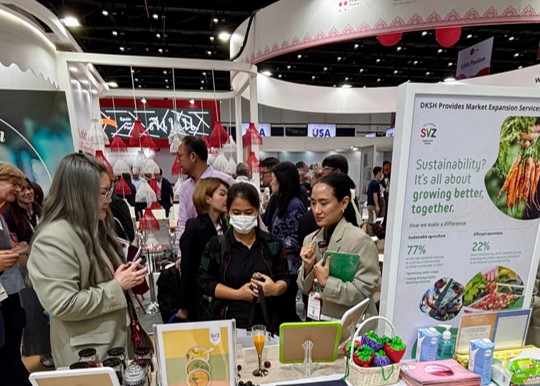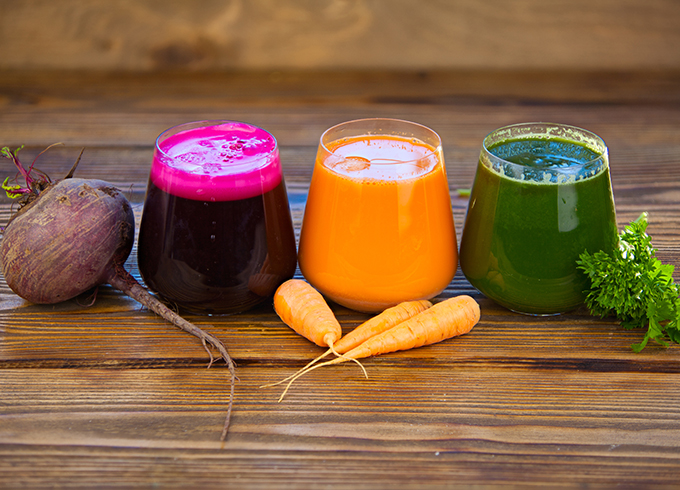A face behind some of SVZ’s berries – with Juan Bañez, Cuna de Platero

At SVZ, we have made producing more sustainably, limiting our footprint and doing our part to contribute to a greener world our key strategic priorities. We know, however, that if we want to make a real difference we have to choose partners we can inspire, support and learn from, so we can all grow better together.
To give you a sneak peak of what we mean, we conducted a series of interviews straight from the fields in Spain. In this two-part blog, we interviewed our partner Cuna de Platero’s general director, Juan Bañez, to discover what sustainability looks like at the Cuna cooperative.
- Tell us a bit about the Cuna farm.
Well, the official beginning of Cuna de Platero (Cuna) was in 1988, but the concept came to life earlier, when like-minded farmers got together to support each other and bring forward a common goal. The inspiration behind the name of the cooperative comes from a famous book by the Nobel Prize Ramon Jimenez, ‘Platero y yo’, set right in Moguer. In the early days, the Cuna farmers only grew strawberries, but we have since expanded to raspberries, blueberries, blackberries and even dragon fruit. We have 100 dedicated farmers from over 50 family groups to thank for this!
My role at Cuna started 19 years ago when I first began as a finance director. In 2006 I transitioned to the position of general director. I’m also part of the board, where I help to coordinate multiple teams and departments within the cooperative. It’s a role with a great deal of responsibility but it’s extremely rewarding to watch everyone work together and learn from each other. One of my favourite things about Cuna is the age diversity we get to see as generations work together, from grandfather to grandson – it’s amazing! We believe our people are our greatest asset and we pride ourselves in being transparent through and through.
With our customers and partners in mind, we recently flipped our business concept on its head. Before, you would sell what the field produced. Now our clients have more control and ask farmers to produce exactly in line with their requests. It’s taken some getting used to, but it’s working!
One of our strengths lies in the fact that we have been able to adapt to the latest demands of the market. It all started with high quality standards and now consumers take those for granted, moving on to asking for low pesticide residues. We have been successful at achieving this too, thanks to, among other things, biological control, and are now focusing on sustainability as a wider topic.
- How important is sustainability for the Cuna cooperative?
Sustainability is a social responsibility for all individuals and it’s only through everyone doing their part that positive and significant changes can be made. It’s also essential for us to partner with like-minded businesses like SVZ to responsibly turn our fruit into healthy and safe ingredients!
I strongly believe that sustainability initiatives have to be financially viable, otherwise they can’t be implemented long term and end up being a vanity exercise. At Cuna, we take our responsibility seriously, and we are always evaluating our initiatives to see what we could be doing more of to grow sustainably.
- What are the most relevant sustainability topics for Cuna to act on and what are you currently doing to help in those areas?
While every aspect of sustainability is important to us, water and energy concerns are high on our agenda.
We have been using drop irrigation systems for a long time to prevent water waste. We have recently stopped irrigating twice a day to irrigate more frequently, but for a shorter duration of around five – ten minutes. The use of soil moisture sensors is an essential investment in this case as it allows us to dose with incredible accuracy how much water gets to the roots of our plants – talk about water efficiency!
We have installed solar panels for our own energy consumption, which have now turned out to be very efficient following the increase in electricity prices. We have also introduced an ‘air curtain’ in our refrigerated rooms to avoid the mixing of hot and cold air, which has proven beneficial when cooling produce.
We are also reducing the use of chemicals in our processes. As mentioned earlier, we now use biological control a lot for raspberries and blueberries, which is much safer for the crop as it avoids the need for harmful pesticides. This process uses beneficial insects to tackle pests, and to encourage this we have added plants on the edges of the farm to support the ‘good’ insects’ growth and development. We’ve also heard from one of our farmers that we’re trialling a new biological pesticide that works even better than the chemical alternative – we’re very excited to learn more around this!
Packaging for the fresh market still remains a challenge for us. As of today, there is no really valid alternative to plastic in terms of quality and cost efficiency. Our fruit is very delicate – and although people are paying more attention to the environment, the fruit they eat also needs to be of a certain standard. The choice of packaging also has a large impact on the shelf life of produce and therefore plays a role in food waste. And let’s not forget to look at the bigger picture – paper and carboard are on trend now, but there is also the wider issue of deforestation.
Don’t miss part two of this interview where we dig deeper into the social aspects of sustainability at Cuna de Platero.


